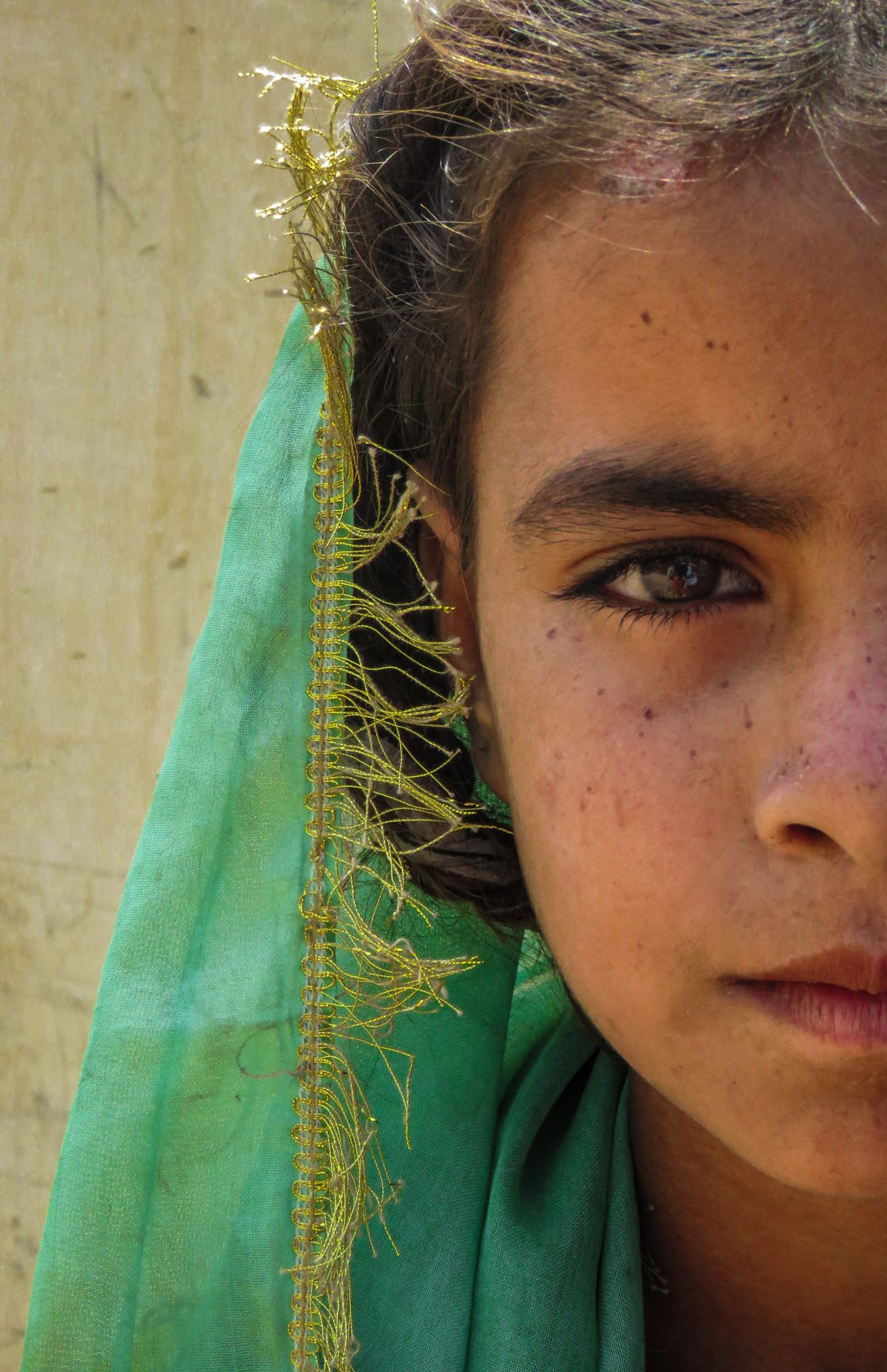Based on a series of papers commissioned by the British Medical Journal, as part of a joint collection with the United Nations University and the World Health Organization, panellists got together to reflect on the progress, emerging opportunities, risks, and a forward-looking agenda for women and health towards 2030 and beyond.
- When: 27 October 2020
- Time: 8:00pm MYT
The 25 years since the visionary Beijing Declaration and Platform for Action for Women have seen dramatic changes globally. While there has been important progress on some fronts, new challenges have emerged, including the COVID-19 pandemic. The concerns outlined 25 years ago remain deafeningly relevant for women’s and girls’ health. This unfinished agenda highlights the lack of real political commitment to women’s health and gender equality, as well as the power of the conservative backlash. This session will draw on evidence and lessons on advancing women’s health since Beijing to rethink how to better meet their needs, now & post-pandemic.
This panel discussion was chaired by Dr Princess Nothemba Simelela fro WHO, and had the participation of Prof. Dr Pascale Allotey from UNU-IIGH, Malaysia; Dr Claudia Garcia-Moreno from WHO, Switzerland; Prof. Asha George from University of the Western Cape, South Africa; Dr Paul Simpson from The British Medical Journal, UK; and Dr Lavanya Vijayasingham from UNU-IIGH, Malaysia.

The panel explored questions around how the COVID-19 pandemic has heightened many of women’s health risks, in particular for women healthcare providers, survivors of violence, and women with unintended pregnancies. Questions like why millions of women continue to have an unmet need for contraceptives, for example, and adolescent girls still lack sufficient information or quality services to prevent pregnancies, STIs or HIV, amongst others.
The panel discussed and answer questions about how COVID-19 has also exacerbated the burden of formal and informal care placed on women and girls. And reflect upon the emerging opportunities and risks moving forward for women and health now and in a post-COVID-19 world.




